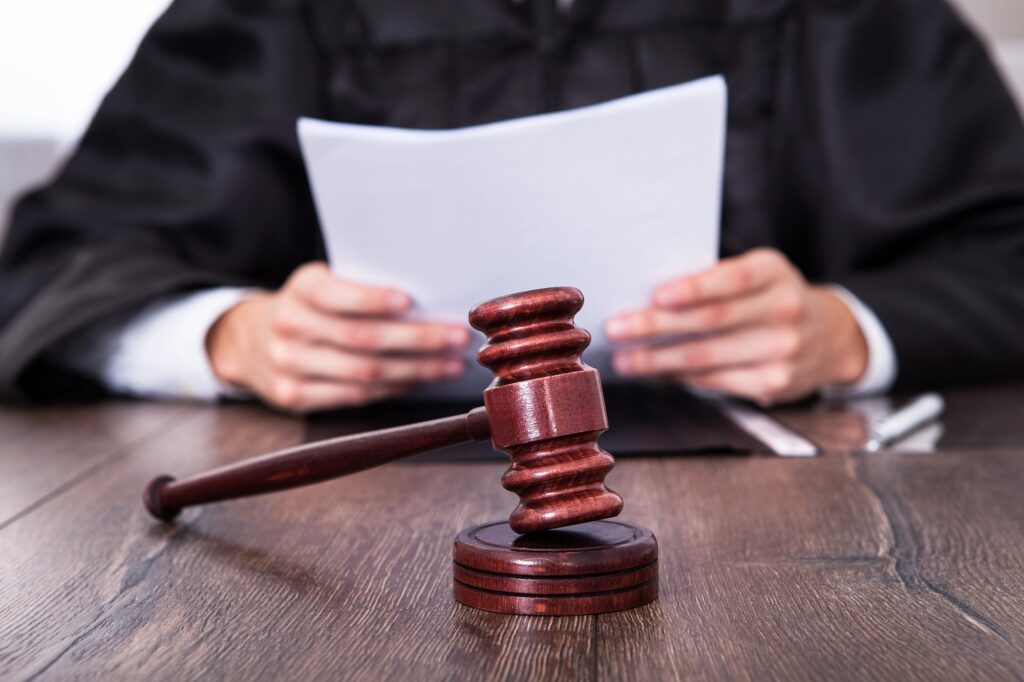For inventors looking to protect their ideas, filing a provisional patent is often the first step toward securing full patent rights. A provisional patent provides temporary protection and allows inventors to claim “patent pending” status while they develop their invention further or seek investors. While this process may seem straightforward, ensuring that a provisional patent is properly drafted and filed can significantly impact future patent rights. A provisional patents lawyer helps navigate the legal complexities and maximize the chances of obtaining full patent protection. Our friends at The Patent Baron explain how these protections work, below.
What Is A Provisional Patent?
A provisional patent application (PPA) is a temporary form of intellectual property protection filed with the United States Patent and Trademark Office (USPTO). It establishes an official filing date for an invention but does not grant full patent rights. Instead, it serves as a placeholder, giving the inventor up to 12 months to file a non-provisional (full) patent application. If the non-provisional application is not filed within that time, the provisional patent expires, and the invention loses its priority date.
Benefits Of Filing A Provisional Patent
Filing a provisional patent offers several advantages:
- Patent pending status allows inventors to legally market their idea, deterring competitors from copying it.
- Lower cost compared to a non-provisional patent, making it a cost-effective way to secure an early filing date.
- Time to refine the invention, giving inventors 12 months to improve their design, test prototypes, and evaluate market potential.
- Stronger position in patent applications since having an earlier filing date helps establish priority if someone else attempts to patent a similar invention later.
Talking to a skilled lawyer will help you decide whether or not you need one.
Why Hiring A Provisional Patent Lawyer Matters
Although filing a provisional patent is more straightforward than filing a full patent, mistakes in the application can jeopardize future patent rights. A provisional patent lawyer helps ensure that the application is correctly prepared and provides sufficient detail to protect the invention properly.
Ensuring A Strong Application
One of the biggest risks of filing a provisional patent without legal guidance is lack of detail. If the application is too vague or does not fully describe the invention, competitors may find ways to work around it, or the USPTO may reject the future non-provisional application. A lawyer ensures that the description is thorough and properly written, covering all possible variations of the invention.
Protecting Patent Rights Internationally
Provisional patents only apply in the United States, but many inventors eventually seek international protection. A patent lawyer can help strategize for future Patent Cooperation Treaty (PCT) applications, ensuring that intellectual property rights are protected in multiple countries.
Avoiding Costly Mistakes
Filing a provisional patent incorrectly or missing the deadline for a non-provisional application can result in losing patent rights entirely. A lawyer tracks deadlines, ensures compliance with USPTO requirements, and helps transition from a provisional to a full patent smoothly.
Moving From A Provisional To A Non-Provisional Patent
Once a provisional patent is filed, inventors have 12 months to file a non-provisional patent application. This full patent application undergoes examination by the USPTO and, if approved, grants the inventor exclusive rights to the invention for up to 20 years. A lawyer ensures that this transition is handled properly, increasing the likelihood of securing full patent protection.
When To Contact A Provisional Patent Lawyer
If an inventor has an idea that they want to protect but are not yet ready to file a full patent, consulting a provisional patent lawyer is a smart move. Whether refining the invention, preparing for investors, or seeking international patent protection, legal guidance can help secure intellectual property rights and avoid costly mistakes. Understanding patent eligibility can be crucial, which is why it is so important to hire legal assistance.
By working with a lawyer, inventors can confidently navigate the patent process and ensure that their innovations receive the protection they deserve. Do not hesitate to reach out. It is always important to ensure you are protected by hiring a lawyer.

